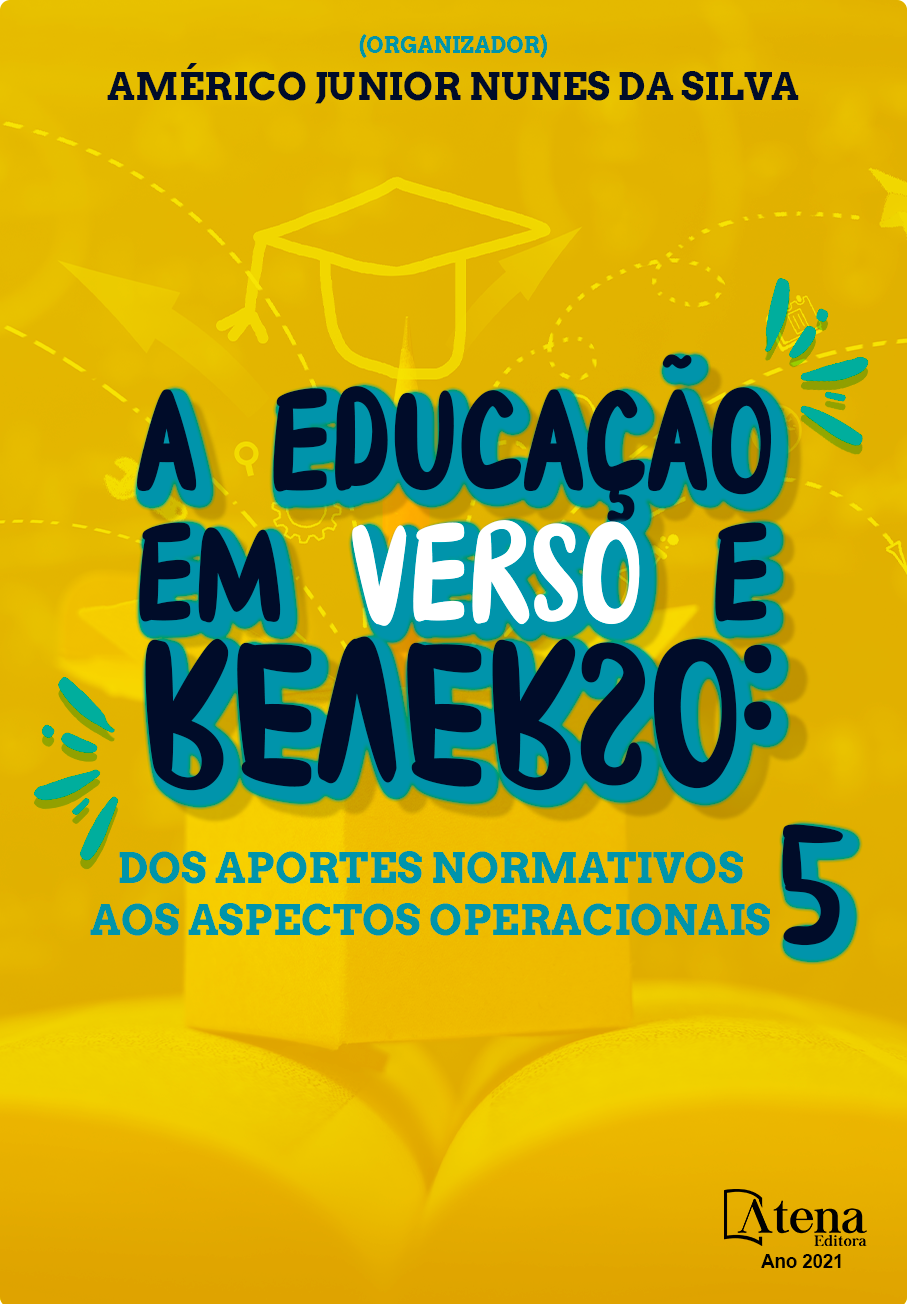
UM OLHAR ETNOMATEMATICO SOBRE AS DIMENSÕES SOCIOCULTURAIS NA FORMAÇÃO DE PROFESSORES INDÍGENASDO MARANHÃO
Com a promulgação da Constituição de 1988, fruto das lutas do movimento indígena e de outros atores envolvidos no processo, reconhece-se a educação escolar indígena não mais como estratégia colonizadora, mas sim como um direito a ser garantido, respeitando as especificidades das culturas e modos de vida desses povos. Nesse contexto, este estudo faz um recorte para análise das várias possibilidades de construção de uma escola indígena específica e diferenciada, com recorte para as práticas da educação em matemática no contexto indígena. Dessa forma, este estudo trata dos saberes de quantificação originária do povo indígena Timbira, da turma de Ciências da Natureza da Licenciatura Intercultural de Educação Básica Indígena da Universidade Estadual do Maranhão. A pesquisa, em andamento, busca analisar a relação ensino aprendizagem nos anos iniciais na escola indígena, evidenciando os processos de formação inicial dos professores indígenas, principalmente o saber tradicional como elemento importante para o reconhecimento de saberes e fazeres matemáticos do povo Timbira. Diante disso, esta pesquisa pretende, também, apresentar uma proposta de material didático baseado no sistema de numeração Timbira em diálogo com os saberes matemáticos ocidental, a fim de potencializar a autonomia política e cultural da escola indígena entre esse povo originário. A pesquisa é qualitativa desenvolvida na perspectiva da Etnomatemática. Os sujeitos são os cursistas Timbira da turma de Ciências da Natureza do referido curso que atuam como professores indígenas. As análises evidenciam a necessidade de compreensão do conhecimento matemático como forma de garantia dos direitos comunitários, bem como valorização e difusão dos saberes e fazeres originários para manutenção e preservação da cultura indígena.
UM OLHAR ETNOMATEMATICO SOBRE AS DIMENSÕES SOCIOCULTURAIS NA FORMAÇÃO DE PROFESSORES INDÍGENASDO MARANHÃO
-
DOI: https://doi.org/10.22533/at.ed.33021090719
-
Palavras-chave: Etnomatemática. Licenciatura Intercultural. Saberes
-
Keywords: Ethnomathematics. Intercultural Degree. Knowledge
-
Abstract:
With the enactment of the 1988 Constitution, which came from the struggles of the indigenous movement and other actors involved in the process, indigenous education is no longer recognized as a colonizing strategy, but rather as a right to be guaranteed, respecting the specificities of the cultures and ways of life of these peoples. In this context, this study makes a cutout for analysis of the various possibilities of building a specific and differentiated indigenous school, with cutout for the practices of mathematics education in the indigenous context. Thus, this study deals with the original quantification knowledge of the Timbira indigenous people, from the class of Nature Sciences of the Intercultural Degree in Indigenous Basic Education of the State University of Maranhão. The research, in progress, seeks to analyze the relationship between teaching and learning in the initial years at the indigenous school, highlighting the processes of initial formation of indigenous teachers, especially traditional knowledge as an important element for the recognition of mathematical knowledge and achievements of the Timbira people. In view of this, this research also intends to present a proposal for teaching material based on the Timbira numbering system in dialogue with Western mathematical knowledge, in order to enhance the political and cultural autonomy of the indigenous school among this original people. The research is qualitative developed from the perspective of Ethnomathematics. The subjects are the Timbira students of the Nature Sciences class of the mentioned course who act as indigenous teachers. The analyses show the need to understand mathematical knowledge as a way of guaranteeing community rights, as well as valuing and disseminating the original knowledge and doings for the maintenance and preservation of indigenous culture.
-
Número de páginas: 16
- Sérgio Roberto Ferreira Nunes
- Márcia Cristina Gomes
- Daniel Bergue Pinheiro Conceição


